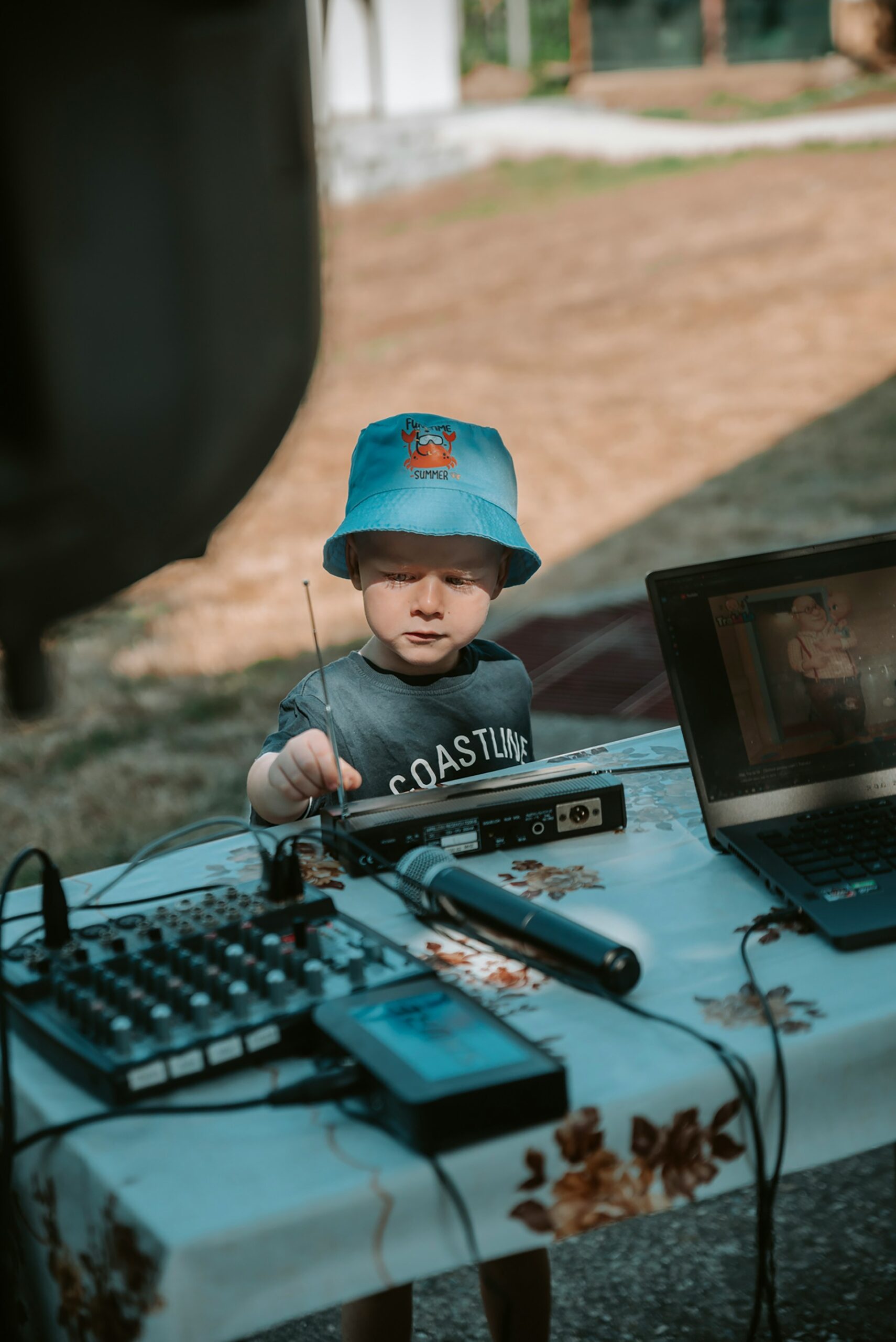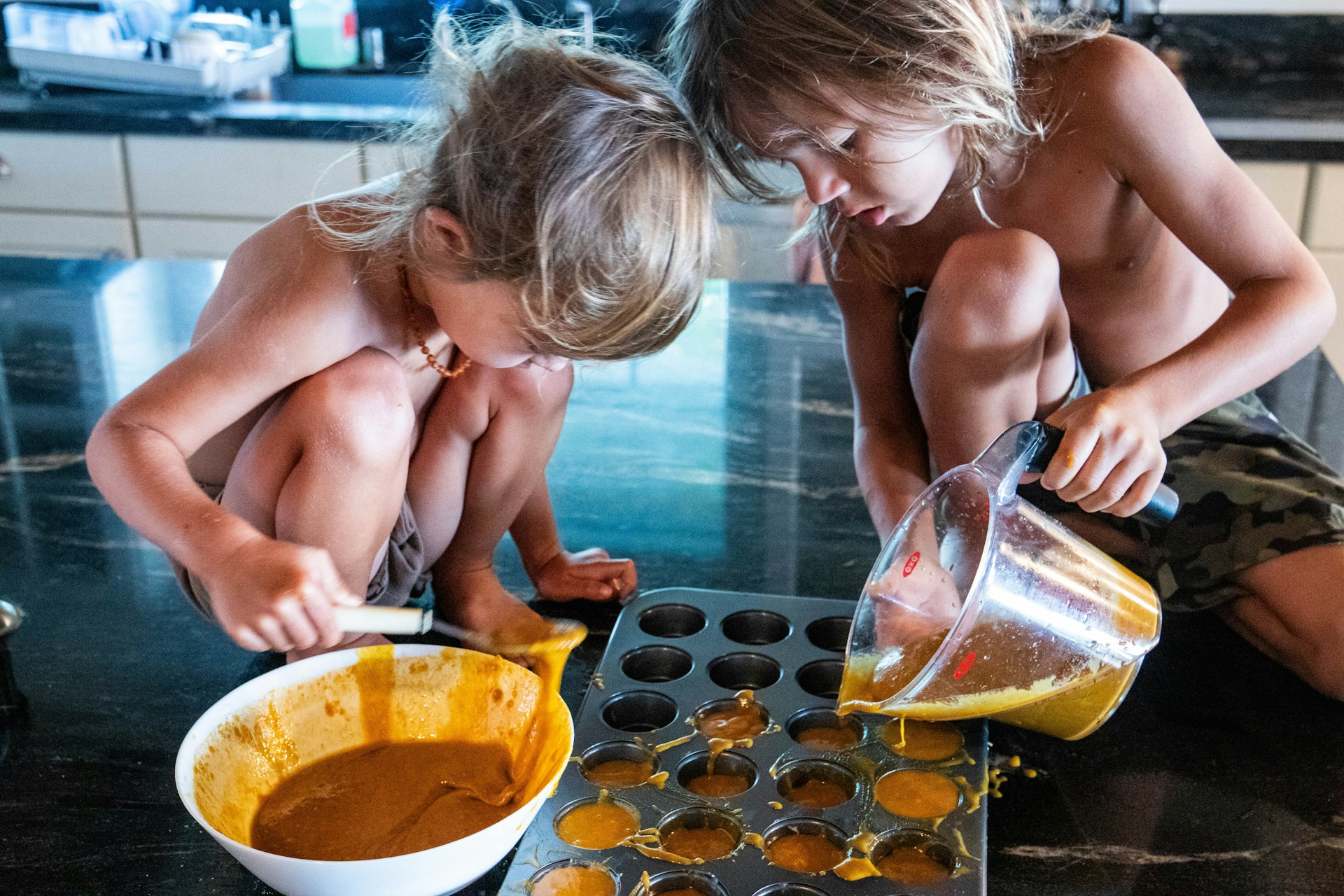Human interaction is a delicate dance—full of subtle cues, shared goals, and moments of tension and triumph. Nowhere is this dynamic more pronounced than in teamwork. While collaboration is often praised for boosting productivity and creativity, it also reveals challenges that test the social and emotional capacities of individuals—particularly among children and teens still learning to navigate these complexities.
In fact, it’s these very challenges that shape and sharpen two of the most essential 21st-century life skills: cooperationand empathy. When children face obstacles in team settings, they aren’t just solving tasks—they’re learning how to listen, compromise, lead, and support. They’re practicing the very human work of understanding and working with others, which will serve them far beyond the classroom or playground.
Let’s explore how different aspects of teamwork can forge a stronger sense of shared humanity among our youth.
1. Diversity in Teams: Bridging Perspectives
One of the greatest strengths of a team lies in its diversity. Differences in culture, background, personality, and communication style can lead to more creative solutions—but they also require patience and understanding. For kids, working with someone who thinks or behaves differently can be a powerful lesson in perspective-taking.
In facing conflicts or misunderstandings, students learn not just to speak up, but to listen—to hear where someone else is coming from and meet them halfway. That’s empathy in action.
2. Conflict Resolution: Turning Tension into Growth
Disagreements are natural in team settings. When handled well, they become catalysts for growth. Children learn how to articulate their viewpoints clearly, respect opposing views, and find common ground. These experiences foster emotional intelligence and reinforce that it’s okay to disagree—as long as the conversation remains respectful and constructive.
The process of resolving conflict also teaches kids that every voice matters, and that collaboration isn’t about being right—it’s about moving forward together.
3. Shared Responsibility: Learning Mutual Accountability
In a healthy team environment, everyone plays a role. When kids understand that their contribution affects the outcome for the whole group, they begin to take responsibility not just for their own work but for supporting others.
This collective accountability builds trust, which is the foundation of cooperation. It also encourages kids to lend a hand when a teammate is struggling, reinforcing empathy through action—not just words.
4. Role Flexibility: Stepping Up, Stepping Back
Sometimes, a team needs a leader. Other times, it needs a great listener or a supportive collaborator. Team challenges teach children how to adapt—when to take the lead, when to delegate, and when to empower others.
Learning to switch roles based on the situation helps kids understand the value of every position in a group and shows them how to balance ego with empathy.
5. Successes and Setbacks: Celebrating Together, Growing Together
Whether it’s winning a robotics competition or struggling through a group project, the emotional highs and lows of teamwork create lasting lessons. Shared celebrations amplify joy, while shared setbacks teach resilience and humility.
In both scenarios, kids develop a deeper connection with one another. They recognize that success isn’t just individual—it’s collective. And in those tough moments, they learn the value of emotional support, encouragement, and solidarity.
Teamwork isn’t always easy—but that’s exactly why it’s such fertile ground for growth. Through the challenges, kids don’t just become better teammates. They become better people—more compassionate, adaptable, and deeply aware of the value of others.
For more insight on how teamwork helps shape children into empathetic and cooperative individuals, read the full article on BeAKid:
👉 The Crucible of Collaboration: Teamwork Challenges That Nurture Cooperation and Empathy



